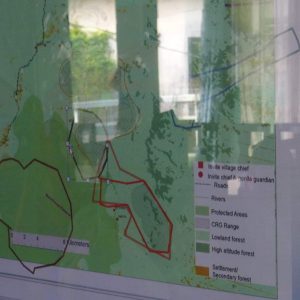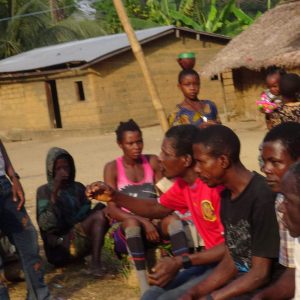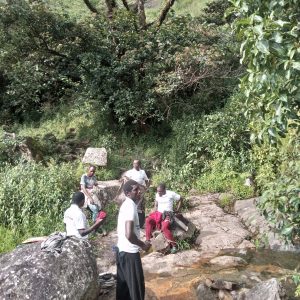Environmental Conservation
Conservation-development problems are context-specific and should be tackled based on the locality characteristic. Despite an increase in conservation-development research in the last decade, the key challenges of finding a balance between environmental conservation and development are still not evident. Negotiating sustainable environmental conservation and development actions require greater emphasis on diverging values and preferences for the scale of operation and actions.
Environmental conservation projects most often fail to adequately address the needs of indigenous communities relying on the concerned natural resources for livelihoods. The ability of local people to effectively cooperate within environmental conservation programs is centered on how well the programs are embedded in the socio-cultural relations, politics, resource needs, and uses of the local people. In this light, establishing sustainable linkages between environmental conservation and developmental actions requires the consideration of local people’s needs in the short and the long run.
We are engaged in participatory research to ensure sustainability in environmental conservation programs. The environment and development research program cut across the following area:
- -Wildlife Conservation
- -Ethnobotany
- -Community Forest Conservation
- -Natural Resource Management
- -Landscape Restoration
- -Conservation Education



